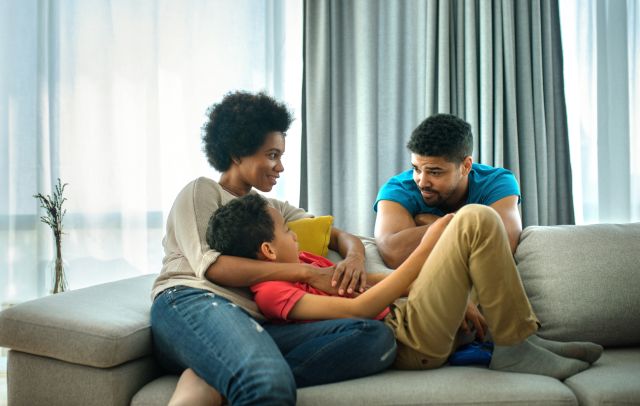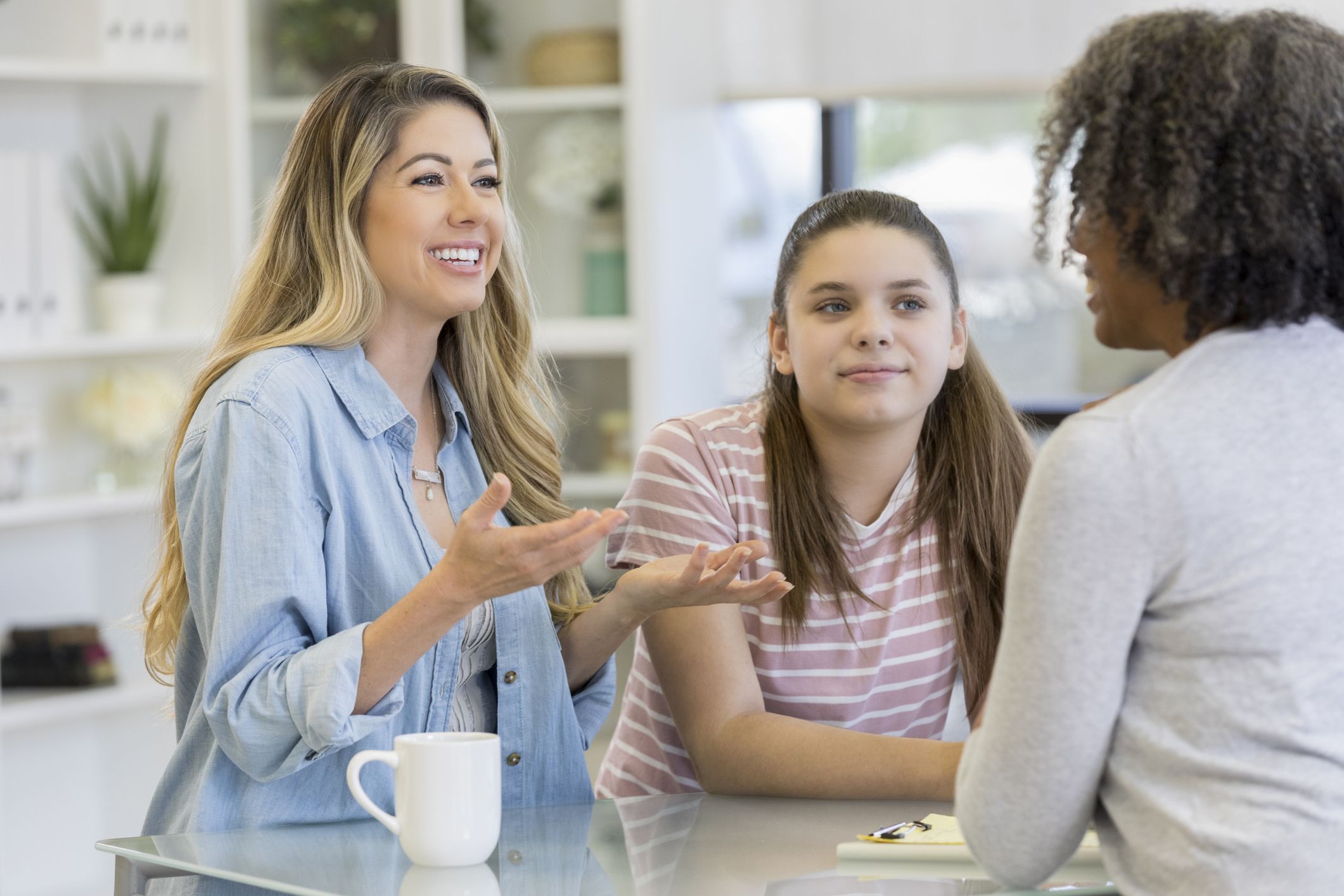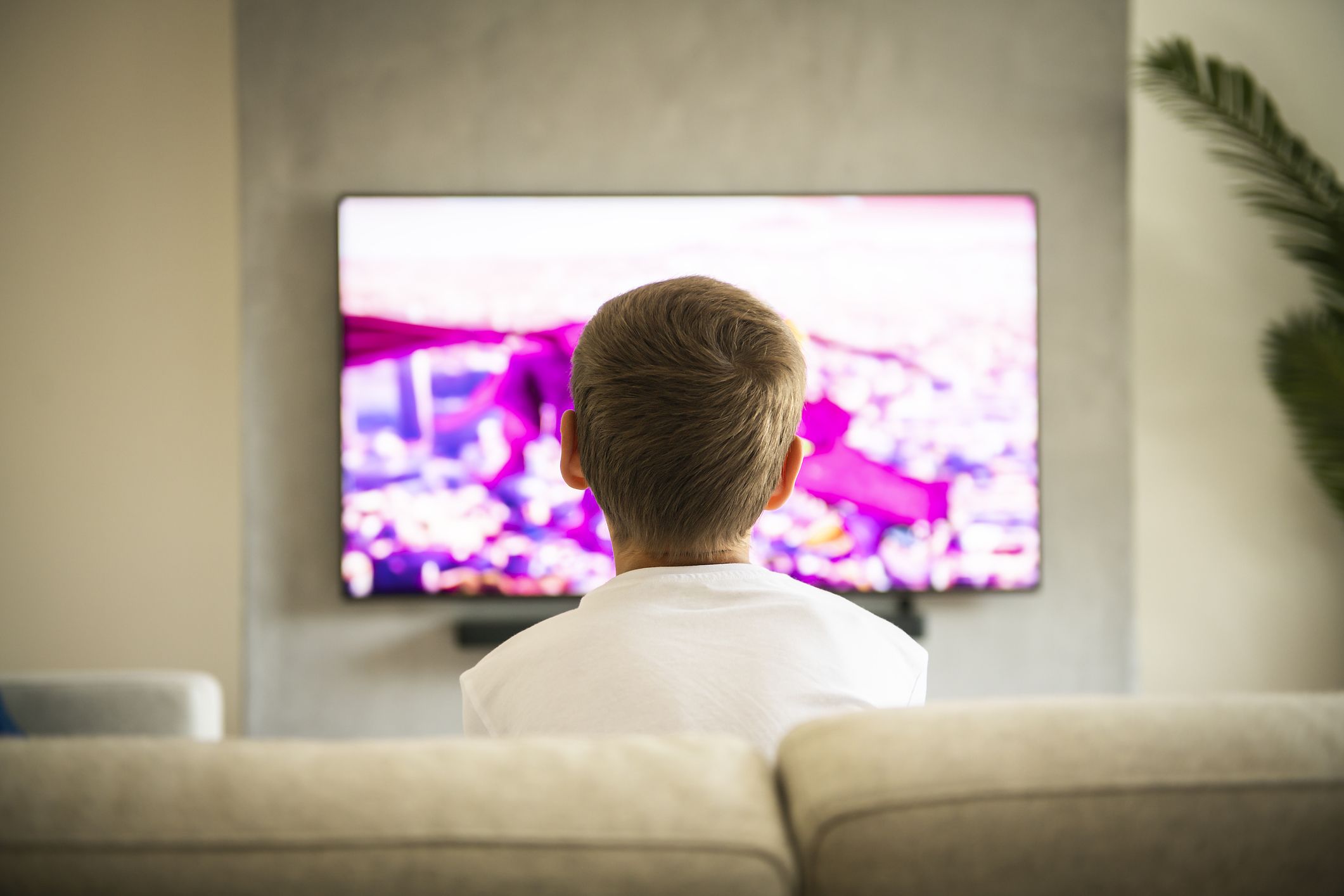Finding out that your child has a condition such as ADHD can be difficult, to put it mildly. For many parents, it's life changing. When my husband and I learned that our first child, Noah, had autism, it was an emotional time. We were both pressingly busy, and I was already pregnant with our second child. Yet we knew we had to quickly learn an enormous amount in order to make wise decisions and get Noah the best care possible.
Dealing with Diagnosis News
Parents who get this kind of news often go through classic stages of denial, depression, guilt, and anger. You may feel overwhelmed by your child's diagnosis and not know where to turn. But oddly, at the same time, you may also feel relieved. If you've spent months trying to find out what's wrong, getting an accurate diagnosis with an actual name can make you say, "Finally!" At least you know what you're dealing with, even if you don't yet know how you're going to cope with it.
All of these feelings are normal, and talking to other parents in similar situations can help immensely. Your child's doctor or school staff may be able to help you meet other families who are dealing with many of the same problems and challenges. You can also connect with other parents online. Local networking can lead you to support groups that can help you, your child, and the rest of your family cope and adjust better.
Wrapping Your Head Around It
Many parents will tell you that it's essential to take things one day at a time -- to stay focused on the present rather than melting down about the future. It will also help your mental state if you begin tackling your first mission: getting the equivalent of a PhD in your child's condition. Immerse yourself in information from responsible sources. Your growing knowledge will make you feel empowered, and that will help you regain a small but precious sense of control.
Your first sources of info should be your pediatrician and the specialist who helped make the ADHD diagnosis, if there was one. Lean on both of them. Ask them for any and all information they have available, whether it's books, pamphlets, or videos that can help bring you up to speed on your child's condition. There's a lot of information out there, so don't be discouraged if you need a wheelbarrow to transport everything to your car!
Ask your child's doctors as many questions as you can think of, and buy a notebook in which you can write concerns and keep track of important information, such as medical appointments, tests, results, and treatments your child may need. Ask them to recommend good Web sites for basic information, support groups, blogs by parents in your situation, and other helpful resources. At the very least, knowing you are not alone is comforting and will give you strength.
Sorting Through ADHD Treatment Options
While ADHD can't be cured, it can be managed with a combination of drugs and behavioral therapy. You'll want to make sure your child's doctor is one who specializes in ADHD and has lots of experience treating the condition. It sounds odd, but a class of medications known as stimulants has been used for more than 50 years to help ADHD. Nonstimulants and antidepressants are also options. It's impossible to predict which will help or whether your child will react badly to some of them. Not all children respond to the first medicine prescribed, and many come with side effects, so don't be discouraged if you need to try several different meds to find one that works for your child. The goal is to decrease the ADHD symptoms without causing unwanted side effects.
Medications should always be taken in the lowest dose that produces the desired results, which will minimize side effects. The dose should start low and, if necessary, be increased slowly under the watchful eye of your doctor. Medicine for ADHD only controls the symptoms and only on the day it is taken, but it will help your child pay better attention and complete schoolwork. About 80% of children who need medication for ADHD still need it as teenagers, and about 50% need it as adults.
Benefits of Behavioral Therapy
For kids with ADHD, behavioral therapy typically includes setting up a system of rewards for positive behavior to help children build self-esteem. To me, this type of therapy is almost always beneficial because your child will learn how to be better organized and how to break down large tasks into smaller, manageable pieces with the help of timetables and schedules. Many schools have developed special programs to help kids with ADHD.
Depending on the severity and type of ADHD, your doctor may recommend behavioral therapy, medication, or a combination of the two. You can also try parent training, which not only teaches you how to help your child with ADHD but also helps you cope with it.





